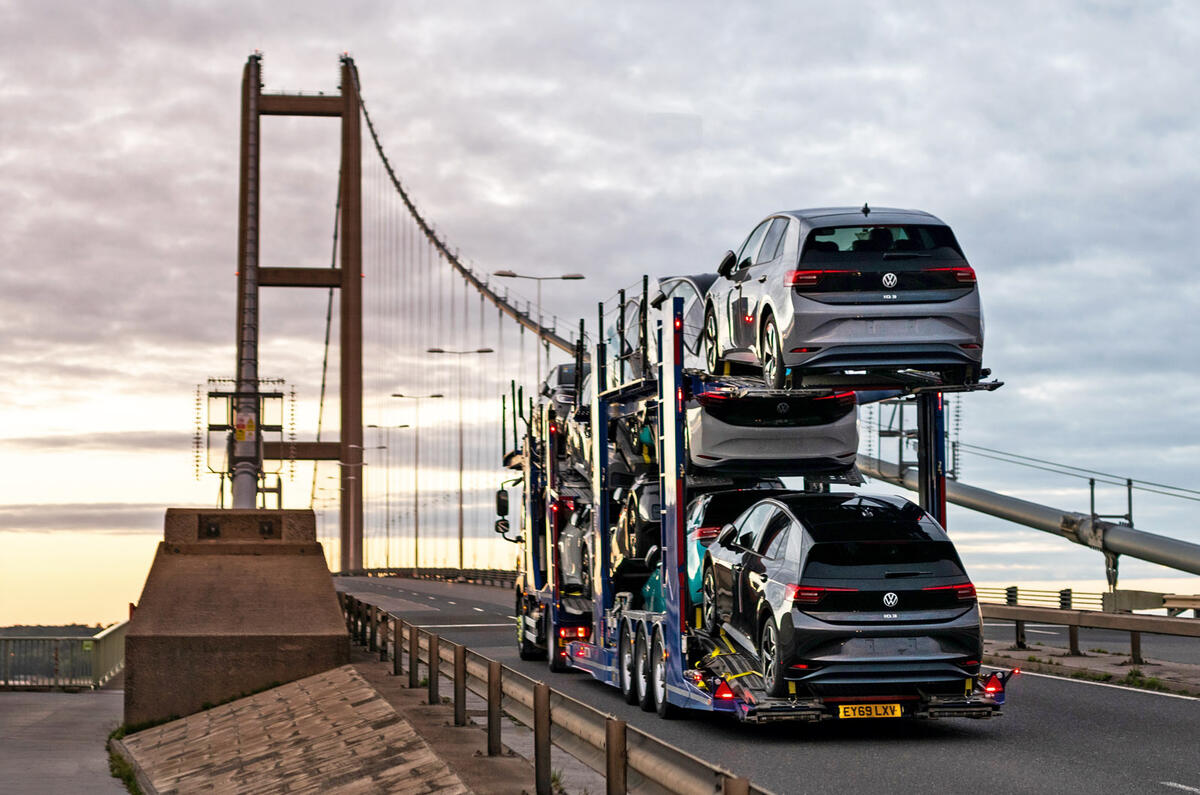The decision by the UK government to ban the sale of new petrol and diesel vehicles in 2030, with hybrids to follow in 2035, has been welcomed by many, but its impact extends far beyond our borders. There are also significant implications for a global manufacturing network, and it could mean saying goodbye to models that are big-volume sellers today.
While sales of battery-electric vehicles (BEV) in the UK rose by 185.9% year on year in 2020 for a market share of 6.6%, the majority of cars imported still have an internal combustion engine (ICE), be they petrol, diesel, hybrid or plug-in hybrid (PHEV).
Twenty-six countries on almost every continent across the globe supply the UK with cars, and many of them build only ICE-propelled vehicles, the top five of which in 2019 were the Czech Republic, Turkey, South Africa, Poland and Italy.
The car industry accounts for 9% of the Czech Republic’s gross domestic product, and in 2019 it exported 154,468 petrol and diesel models to the UK. It began plugging into the new era last year, though, with the Hyundai Kona Electric and Skoda Citigo iV, plus PHEV versions of the Skoda Superb and Skoda Octavia.
The Czech-built Skoda Enyaq iV will go on sale this year, and there are rumours of another electric SUV to fit between the ICE-powered Karoq and Skoda Kodiaq, although the new Fabia that’s due at the end of this year won’t be electrified.

“We have been preparing for transformation of the automotive sector for several years already,” said Vojtech Severyn of the Automotive industry Association in the Czech Republic. “Car manufacturers are, under the pressure of EU regulation, well prepared for upcoming trends. In 2020, they have already introduced several BEVs, including PHEVs, and of course all three manufacturers [in the country, those being Hyundai, Skoda and Toyota] will roll out many other low-emissions models in upcoming years.











Join the debate
Add your comment
Still the public gets what the public wants and the private buyers are loving the bev route with few wishing to go back. Ultimately I am hopeing for a 70/30 split in flavour of the bev and then an extension of 2030 deadline.
XXXX, have you seen any numbers published for the sales of EVs to the public? We know they took 6% of the new car market last year, but i assume that was 95% to people who pay Company car tax (or used to until they got an EV).
ARTILL, you keep going on about only companies buy bevs, yet never come up with a source. YOU ALWAYS ASSUME which means nothing. We do however know 95 percent of 3 series sales are fleet as bmw stated that in an auto car article.
Meant 95 percent of 3 series phevs are company car sales
My biggest take from this is that the Polo comes to the UK from South Africa! Shipping is one of the biggest forms of pollution. I would share a link to an article about this, but one mega container ship the length of 6 football fields, pollutes the same as 50 million cars. If 15 of them were rated the same as a country, that would place them 6th overall, between Germany & Japan on the countries list of most polluting. Just 15. How many of them are there?
Several manufacturers may stick 2 fingers up and pull all sales from the UK entirely as it's just not worth the hassle to make only RHD electric cars for this soon-to-be-pain-in-the-arse-UK-market.
I am sure you are correct. we will see less choice, and cars will generally be more expensive, so will sell in smaller numbers.
With the current tax incentives we will see large numbers of EVs registered into fleets, but i dont see the general public parting with their own cash for an EV for quite some time. I think that ICE powered cars will still sell very well until manufacturers pull them from what they offer here. In the end its the CO2 fleet average figures that will determine what car makers offer us here, but most other parts of the world will carry on buying ICE cars long after 2030